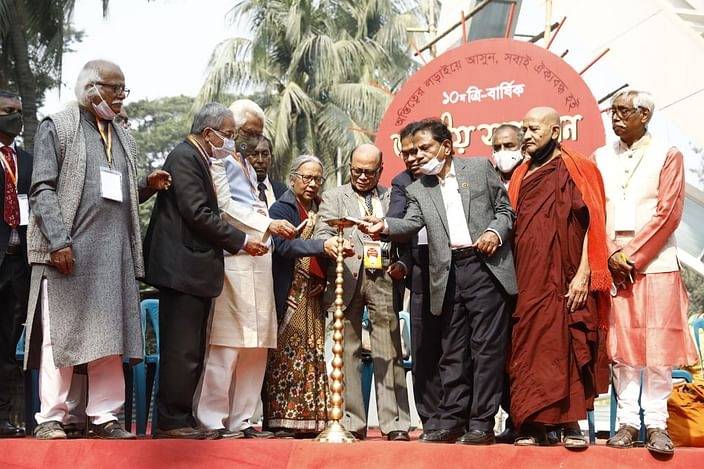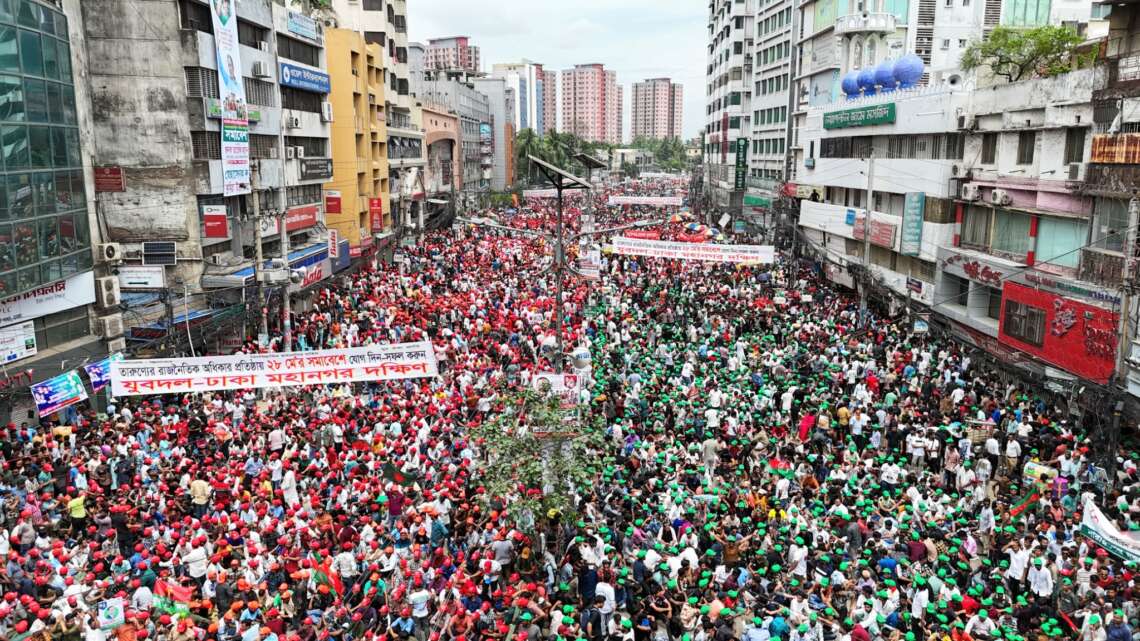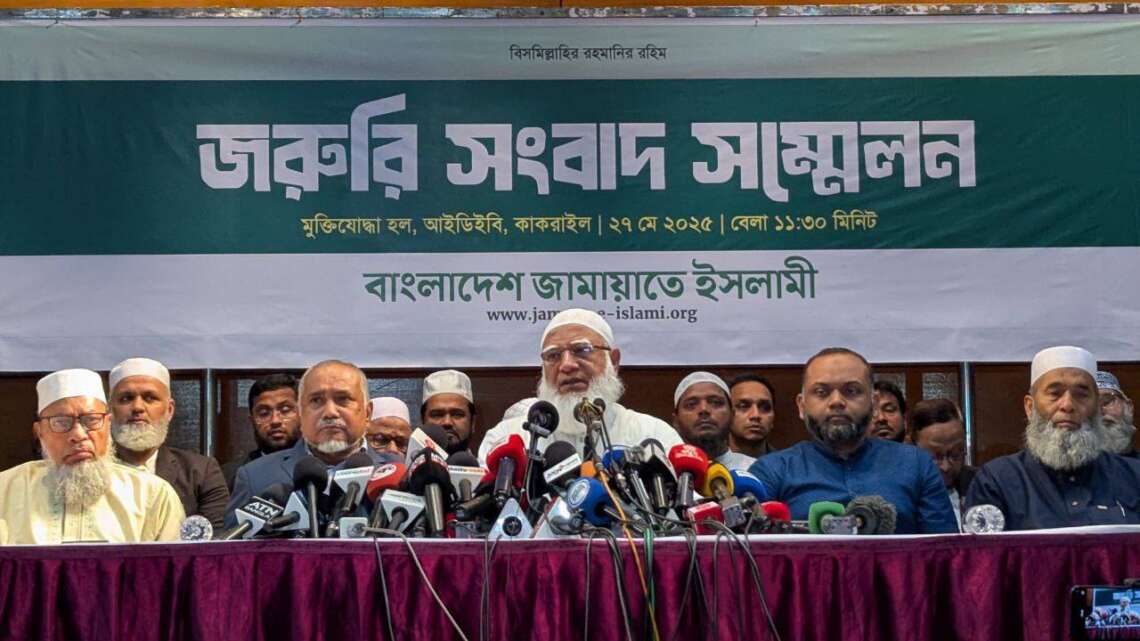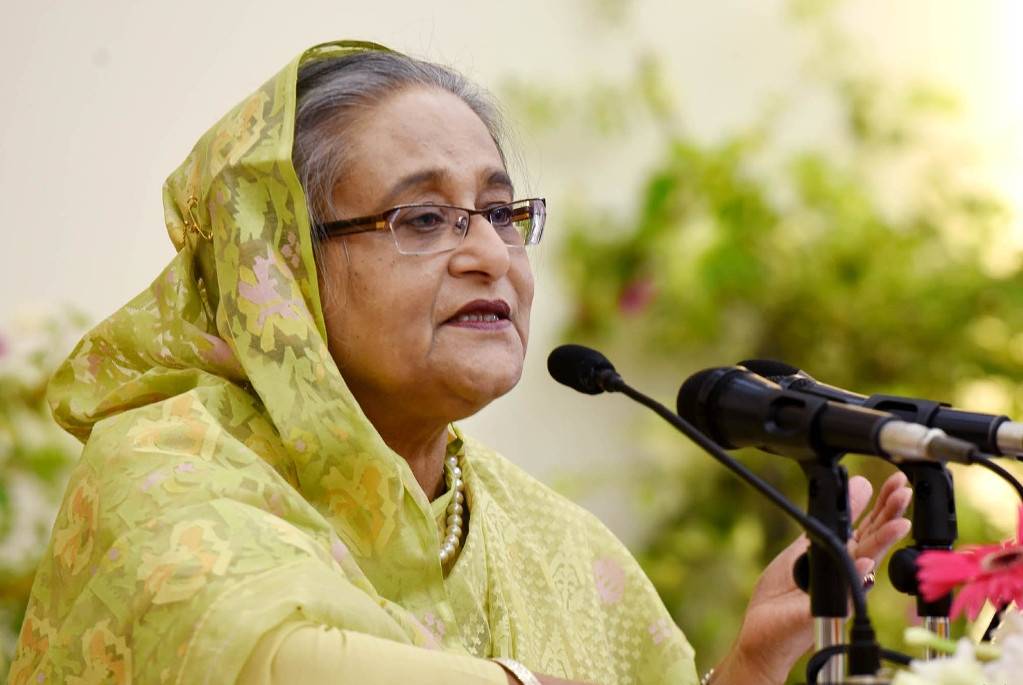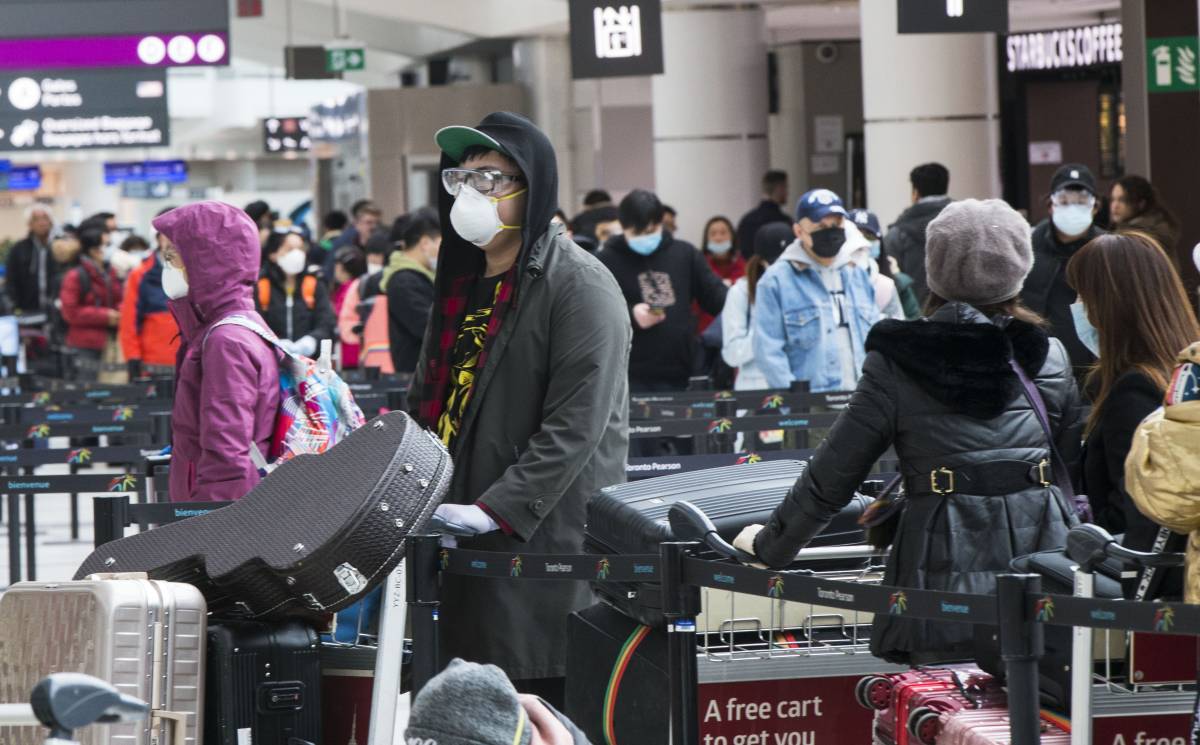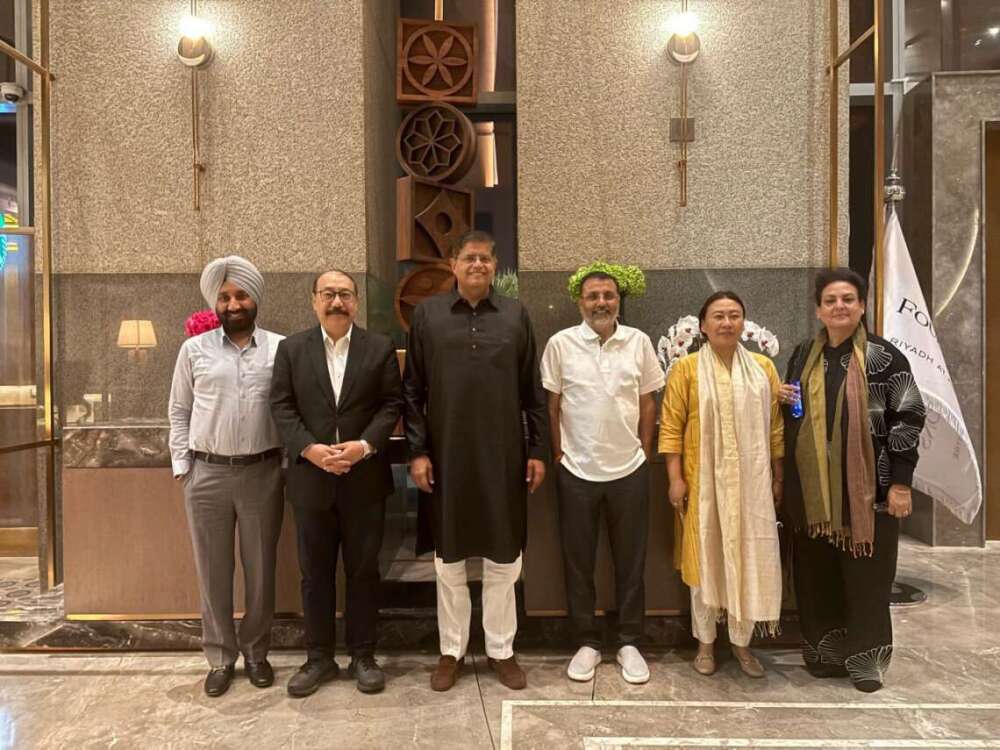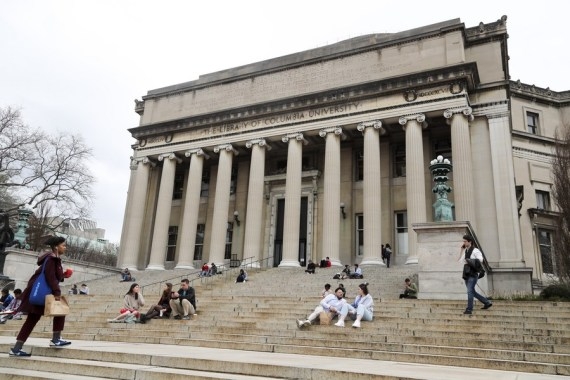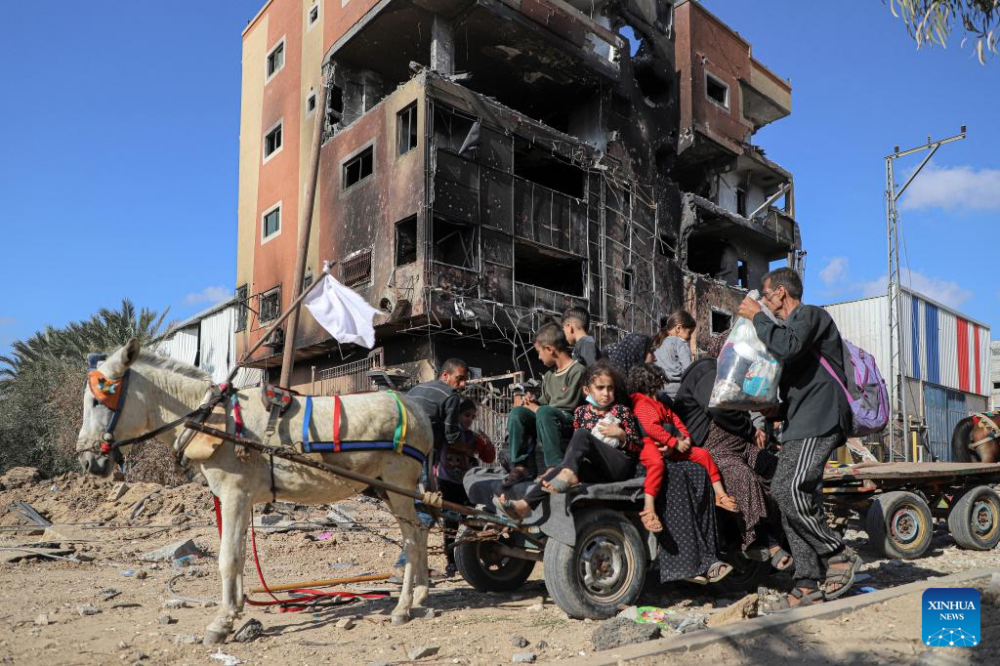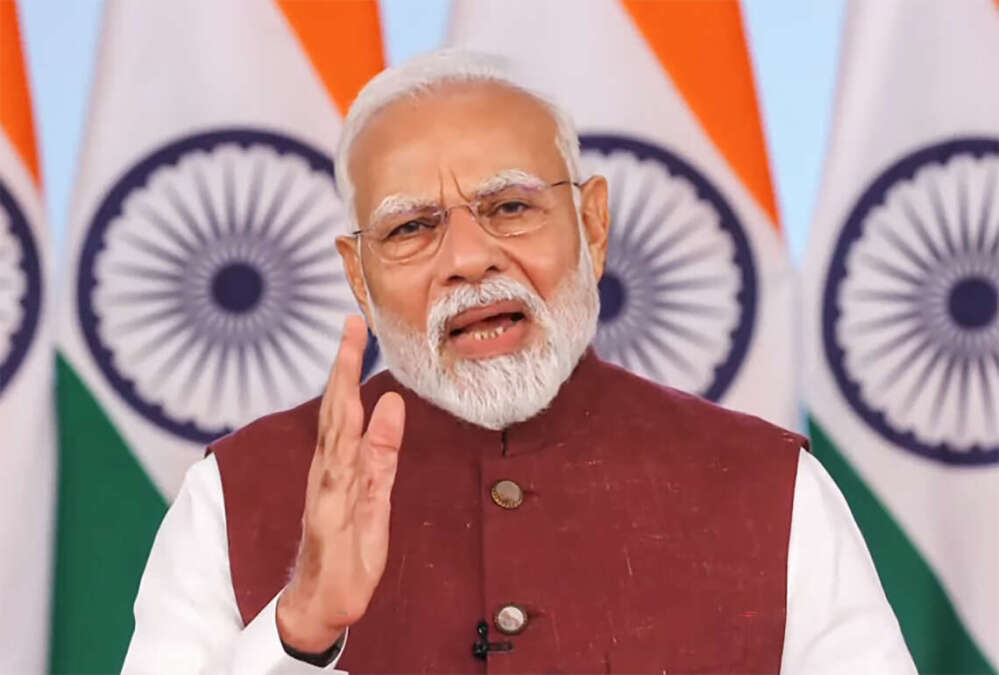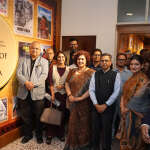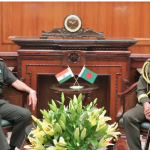The minority leaders said the government needs to formulate separate laws to protect the people of those communities and end discrimination against them…writes Sumi Khan
Different religious and ethnic leaders have demanded the Bangladesh government to create a separate ministry and national commission for the country’s minority communities.
The leaders placed the demands at the inaugural session of Bangladesh Hindu-Bouddha-Christian Oikya Parishad’s two-day 10th triennial council, held at the capital’s Institution of Engineers on Friday.
Renowned writer and columnist Abdul Gaffar Chowdhury join the programme virtually from London.
The minority leaders said the government needs to properly implement the Vested Property Return Act-2001 and CHT Accord-1997, and make CHT Land Commission functional. They also demanded a separate land commission for ethnic people living in the plains.
They said the government needs to formulate separate laws to protect the people of those communities and end discrimination against them.
Addressing the session, ruling party Awami League’s Office Secretary Biplab Barua said Prime Minister Sheikh Hasina has ensured the rights of the country’s religious and ethnic communities.
However, advocate Rana Dasgupta, the parishad’s general secretary, and International Crimes Tribunal prosecutor, said ensuring the well-being of people belonging to different religious and ethnic communities has become a challenge in present-day Bangladesh.
At present, the country’s rights situation is worrisome, and equity has not been established yet, said veteran left-leaning politician Pankaj Bhattacharya, also chairman of the council preparation committee.
Former chairman of National Human Rights Commission Prof Mizanur Rahman said minorities still have to raise their voices for rights, 50 years after the independence.
Eminent economist Debapriya Bhattacharya said at one end Bangladesh is targeting to become a middle-income country and expressing the desire to become a developed nation.
However, there has been a disruption in ensuring people’s equal rights, he said.


